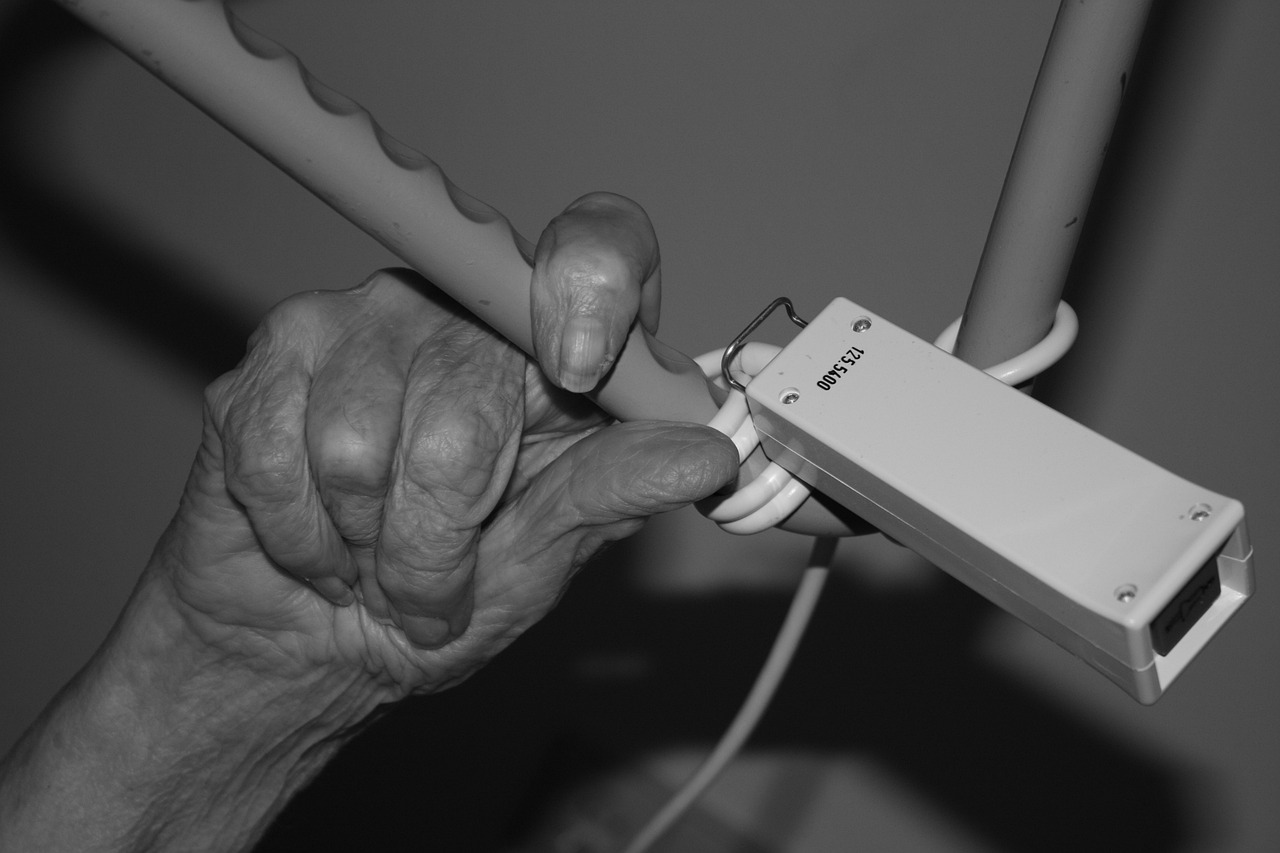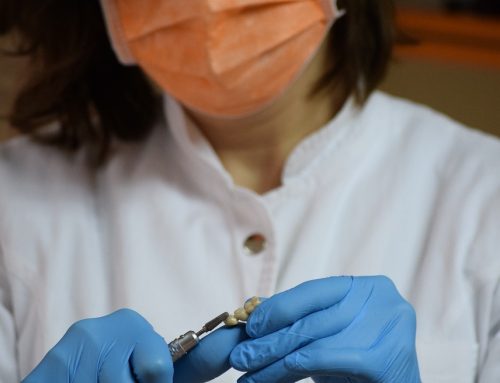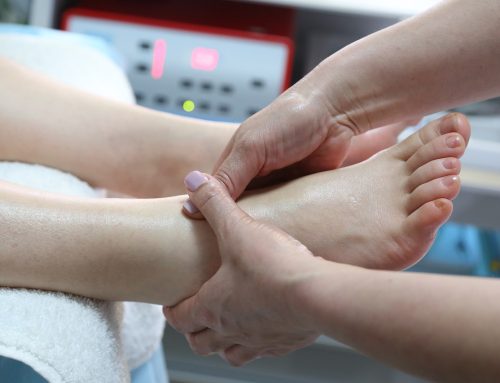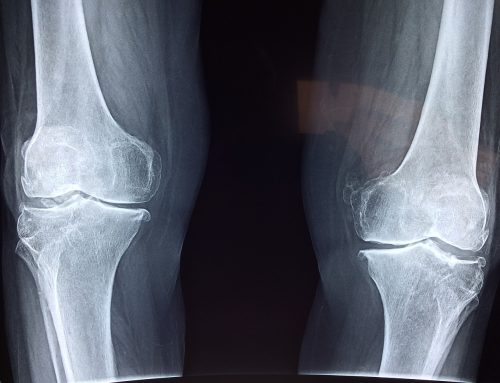Is your Rural Health Clinic looking for Broadband for Healthcare deals using the Rural Healthcare Program in MO?
Did you know that the FCC, in January 2024, updated the Rural Health Care Program (RHP) and its broadband for healthcare to boost Rural Telehealth Adoption?
The agency published the final rule for its Rural Health Care Program, updating several provisions to reduce barriers to provider adoption of virtual care using broadband for healthcare.
In Telehealth News The Federal Communications Commission released the final rule updating the Rural Health Care Program to support virtual care access in rural America through funding efforts.
Established in 1997, the Rural Health Care Program funds telecommunications and broadband services for healthcare delivery. Healthcare providers eligible for the funding include community health centers or health centers providing health care to migrants, local health departments or agencies, community mental health centers, nonprofit hospitals, and rural health clinics. As of funding year 2017, the Rural Health Care Program grant total is capped at $571 million annually, adjusted for inflation.
The final rule released on Jan. 10 includes four updates to the program:
- Permitting conditional approval of eligibility for healthcare providers to allow them to begin competitive bidding and request funding.
- Moving back the deadline for providers to change their Service Provider Identification Number (SPIN) to align with the invoice deadline, giving participants more flexibility with deadlines.
- Eliminating the ‘standard urban distance’ component of the urban rate calculation rules to simplify the rate determination process.
- Permitting healthcare providers to request changes to their evergreen contract dates following a funding commitment.
According to Anuja Vaidya of M Health Intelligence the updates aim to improve provider participation in the program and ease administrative burden.
” Further, the FCC has established a deadline of July 1, 2024, for healthcare providers to submit invoices for unclaimed funds from the funding year 2019, and before, that did not have an invoice deadline. There is currently $22.2 million in unclaimed funding commitments from this period.
Access to telecommunications and broadband services is critical to telehealth adoption and use in the United States.
A study published last April shows that counties with the greatest broadband availability had 47 percent higher telehealth utilization compared to counties with the least broadband availability. Researchers examined merged county-level data on broadband capacity, telehealth use among Medicare Fee-for-Service beneficiaries from January through September 2020, and socioeconomic characteristics at the county level. The research also shows that rural counties had lower telehealth utilization than urban ones.
A report by the Southern Rural Black Women’s Initiative for Economic and Social Justice further reveals that expanding access to broadband internet in 10 counties in the South could result in healthcare cost savings from telehealth interventions of almost $43 million annually.”
What is the Rural Health Care Progam, and how does it assist with broadband for healthcare in MO?
The Rural Health Care Program supports healthcare facilities in bringing world class medical care to rural areas through increased telecommunication connectivity.
The Rural Health Care Program, provides funding to eligible health care providers for telecommunications and broadband for healthcare services necessary for the provision of health care. Eligible health care providers include: (1) post-secondary educational institutions offering health care instruction, teaching hospitals, and medical schools; (2) community health centers or health centers providing health care to migrants; (3) local health departments or agencies; (4) community mental health centers; (5) not-for-profit hospitals; (6) rural health clinics; (7) skilled nursing facilities (as defined in section 395i–3(a) of title 42 and (8) consortium of health care providers consisting of one or more entities falling into the first seven categories. In addition, eligible health care providers must be non-profit or public. The goal of the program which includes broadband for healthcare is to improve the quality of health care available to patients in rural communities by ensuring that eligible health care providers have access to telecommunications and broadband services. As of funding year 2017 (which ran from July 1, 2017 through June 30, 2018), funding for the Rural Health Care Program is capped at $571 million annually, adjusted for inflation.
The Rural Health Care Program is currently made up of two programs: the Healthcare Connect Fund Program and the Telecommunications Program. The Healthcare Connect Fund Program, established in 2012, provides support for high-capacity broadband connectivity to eligible health care providers and encourages the formation of state and regional broadband health care provider networks. Under the Rural Health Care Program, eligible rural health care providers, and those eligible non-rural health care providers that are members of a consortium that has more than 50 percent rural health care provider sites, receive a 65 percent flat discount on an array of communications services. These services include internet access, dark fiber, business data, traditional digital service line (DSL), and private carriage services.
The RHP funds two types of services:
- Voice and Data – If you need voice and other telecommunications services, you may be eligible for funding through the telecommunications program.
- Broadband – If you need broadband services, network equipments, etc, you may be eligible for funding through the healthcare connect fund (HCF) Program. Healthcare providers (HCPs) can receive a flat rate discount of 65% on eligible expenses.
SpectraCorp’s expert rural health care consultant services focuses on the RHP’s Broadband for Healthcare services available through the Healthcare Connect Fund.
Why consider working with SpectraCorp’s Rural Health Care Consultants?
#1. A Rural Health Care Consultant Helps You Make Sense of the FCC’s HCF Rules in MO and understands healthcare providers eligibility for the broadband for healthcare services available through the Rural Health Care Program.
The FCC has a long list of rules and regulations that determine eligibility for HCF. Here are some of the most important ones:
- To enroll in the program, healthcare providers must be members of a consortium with more than 50% of provider sites located in rural areas.
- The FCC defines a healthcare provider as a not-for-profit hospital, rural health clinic, skilled nursing facility, local health department or agency, community health center, community mental health center, teaching hospital, medical school, or postsecondary educational institution offering healthcare services.
- A consortium of providers must comprise one or more of the categories listed above.
As you can see, determining eligibility for HCF is complicated, especially when the FCC regularly changes its acceptability criteria. That’s why it’s a good idea to work with a consultant who understands the complexities of this program.
#2. A Rural Healthcare Consultant Knows How USAC Distributes HCF Funds in MO for broadband for healthcare.
A reliable consultant knows how the federal government distributes HCF funds to rural healthcare providers and can increase the likelihood of securing a subsidy. These professionals monitor both the FCC and the Universal Service Administrative Company (USAC), the organization that administers HCF funds. As a result, you can reduce the chances of a rejected application and potentially receive a subsidy in a quicker time frame.
#3. A Rural Healthcare Consultant Does All the Hard Work for You in MO
Applying for the HCF is a long and laborious process with lots of paperwork, including Form 460 — the document that tells the government of your intention to participate in the fund. You will also need to provide paperwork that proves your eligibility for funding. As a busy IT or telecom manager, you probably have hundreds of other tasks you need to complete without the additional burden of applying for federal funds.
A rural healthcare consultant can do all this hard work for you, so you can get back to doing what you do best.
#4. A Rural Healthcare Consultant Can Apply for Broadband for Healthcare Funds Every Year in MO
The FCC requires rural healthcare providers to reapply for HCF funds every year, which can add further administrative responsibilities to your workload. If you filled out Form 460, provided evidence of eligibility, and completed all the other required paperwork, you need to do the whole thing again in 12 months.
Establishing a long-term relationship with a consultant will free up your time when reapplying for HCF funding in the future. You can focus on other critical business tasks and leave HCF applications to the professionals.
#5. A Rural Healthcare Consultant Can Help You Secure Other Government Funding in MO
It’s not just the HCF. Organizations like yours could be eligible for other federal or state funding. The Telecommunications Program, also part of the FCC Rural Health Care Program, is another initiative available to rural healthcare providers. This program allows providers to access broadband telecommunications and voice services for telehealth and telemedicine at reduced rates. The FCC discounts the difference in cost between rural and urban broadband services in your state.
An rural health care program consultant can help you apply for the Telecommunications Program and other initiatives.
Some Takeaways
The Rural Healthcare Program through the HCF provides a financial lifeline to many rural healthcare providers who want to invest in broadband internet services for healthcare but lack the funds or resources to do so. However, USAC’s HCF funding eligibility can be complex, leaving many providers confused and unable to access the funds they deserve. That’s why you should work with a rural healthcare program consultant that can apply for funding on your behalf and increase your chances of acceptability.
This is where SpectraCorp’s Rural Healthcare consulting services for your Rural Health Clinic can help.
As FCC Healthcare Connect Fund advisors, SpectraCorp has mastered the complexity of the HCF program and has made navigating the process easier to receive funding for data services, internet services, telehealth, hardware, and consulting services.
With $800m available, SpectraCorp has helped over 4000 thousand Healthcare Provider locations – from some of the top non-profit hospital systems in the U.S. – receive millions of dollars of FCC subsidies annually for broadband connectivity services.
SpectraCorp assists individual Rural Health Clinics nationwide save 65% on broadband services.
SpectraCorp is a Vizient Awarded Supplier chosen to deliver service excellence and bring enhanced value and increased savings.
WHY WORK WITH US?
We have NO upfront fees. SpectraCorp’s focus is to assist Heathcare Providers secure eligible subsidies to offset the costs of data & internet circuits, telehealth, and more.
Are you looking for Rural Healthcare Consulting services to help secure broadband for healthcare using Healthcare Connect Funds? Call SpectraCorp at 800.375.7945 now.





